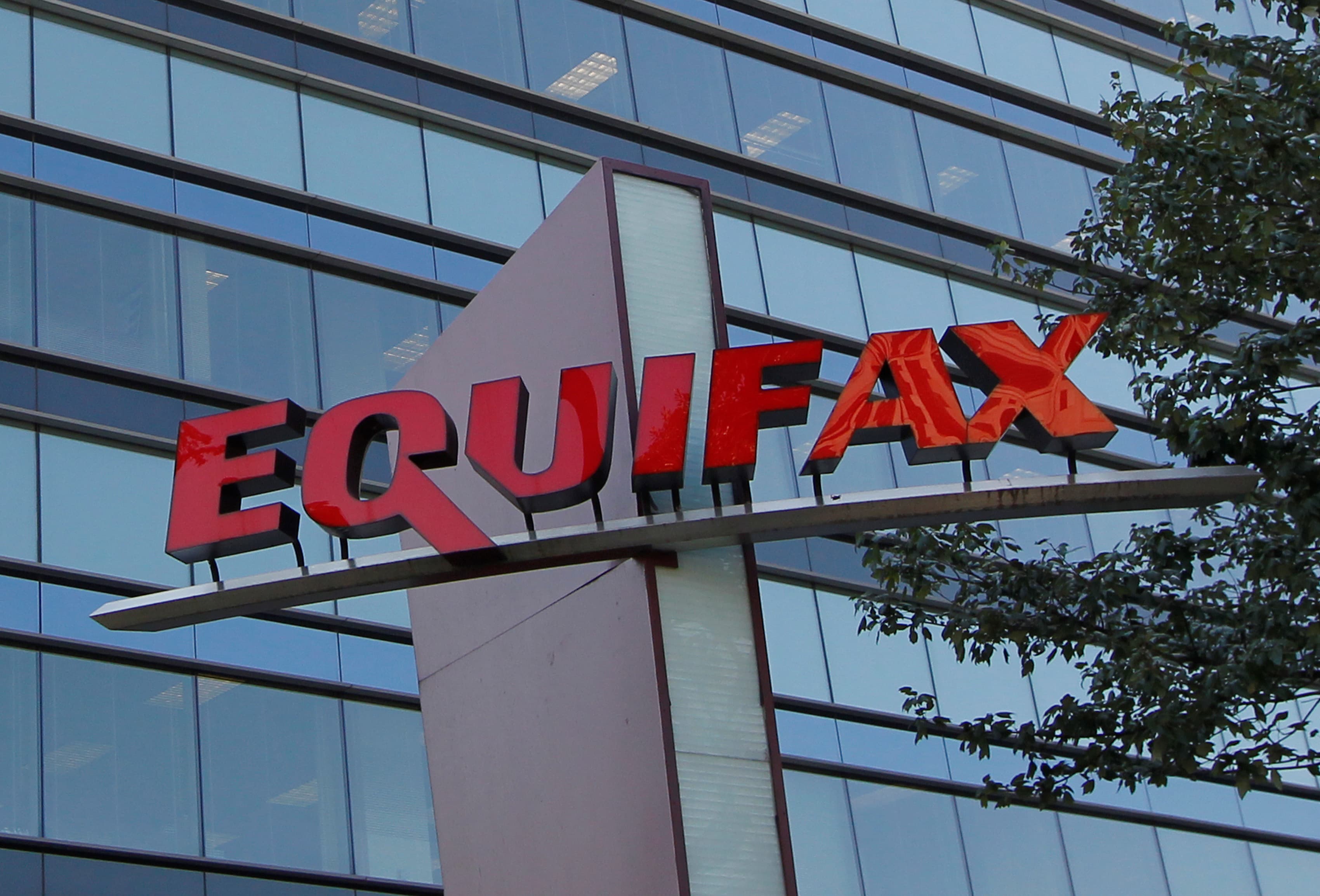If you signed up for the Equifax settlement to get $125 as a result of their massive data breach, you now have until Oct. 15 to verify your claim.
Just remember you may get far less than that.
The credit-reporting company’s $700 million settlement, announced in late July, gave consumers affected by its huge 2017 data breach the choice of free credit monitoring — up to 10 years — or $125 if they already have such a service. Alternatively, people who had paid anything out of pocket due to the breach could seek to recover that money.
Over the last several days, consumers have been receiving emails alerting them that they must verify their $125 claim by the Oct. 15 deadline. The email also notes that “depending on the number of valid claims that are filed, the amount you receive for alternative compensation may be a small percentage of your initial claim.”
Credit reporting company Equifax Inc. corporate offices are pictured in Atlanta, Georgia.
Tami Chappell | Reuters
The Federal Trade Commission warned in a blog several weeks ago that due to the high number of consumers who have sought the $125 instead of credit monitoring, the amount per person might be much lower.
The email that consumers receive includes a link to the settlement site, where they can confirm their monetary claim or switch to credit monitoring instead (or choose to receive neither).
To confirm you want the $125 (or whatever amount ends up being available), you must enter the name of the credit monitoring service you use and certify that you’ll keep it in place for at least six months.You also must acknowledge that you may be asked to provide more information before the claim is complete.
Many experts have noted that the credit monitoring is worth more than the $125 — its value is worth at least a few hundred dollars per year, according to the FTC.
The service would monitor your credit report at the three nationwide credit reporting firms — Equifax, Experian and TransUnion — and comes with up to $1 million in identity theft insurance and individualized identity restoration services.
While the cyberattack at Equifax wasn’t the first major breach at a U.S. company, it was different in that the revealed data included far more identifying information — and consumers did not willingly share any of it with the company. Like other credit reporting firms, Equifax collects and compiles consumers’ personal data from various sources to create credit reports and calculate credit scores.
More from Personal Finance:
This fix to public service loan forgiveness hasn’t helped much
Here are the best and worst US cities for retirement
Fewer women now pay their credit card balances in full
Several months after the 2017 breach, Equifax disclosed that the personal data of at least 143 million consumers — including their names, birthdates and Social Security numbers — had been exposed to criminals in a cyberattack against the company. By March 2018, the number of consumers affected was revised upward to 148 million.
The settlement announced in July resolves consumer class-action litigation, as well as investigations by the FTC, the Consumer Financial Protect Bureau, and most states, along with Washington, D.C., and Puerto Rico.

